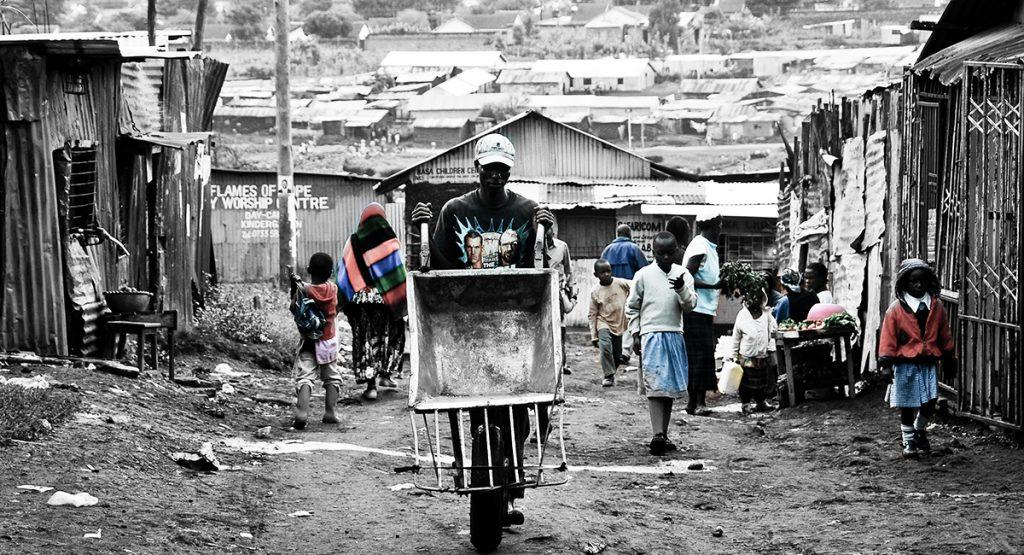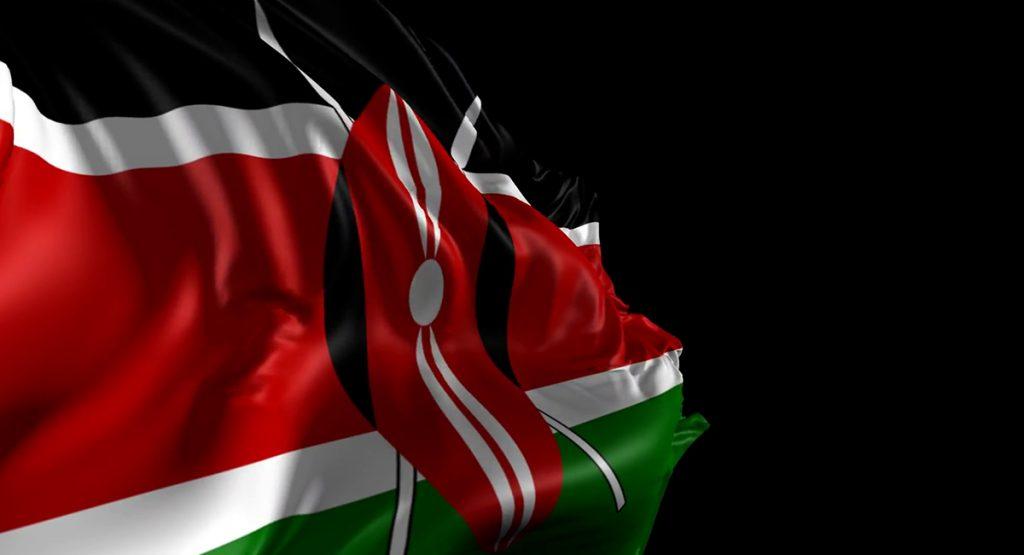“On or about 1910,” writes Virginia Woolf, “human character changed.”
The truth behind this statement – despite the writer’s conviction- is sketchy at best, fallacious at worst, and frankly portrays a sort of wishful thinking that I, and the irony is not lost on me, am about to espouse today.
“On or about 2020, Kenyan character needs to change.”
Now, there are so many ways that Kenya could benefit from a character change. However, today I am only interested in one: a simple, extremely simple, character shift that many, elites and otherwise, might consider, as undoable. However, all I ask is that you suspend your judgment for a few minutes to hear me out.
“CoronaVirus.”
Without any further explanation, your mind has probably conjured up some dreadful statistic or fact about the virus. You may have also reflected on its effects upon your life and felt a sense of hopelessness and dread about what comes next. The word ‘next’ here does not strictly imply ‘what follows after’ as experts have speculated that the virus might never go away. Even more importantly, we are all feeling the economic sting of the halt that the disease has brought our country to right now.
Following a record number of employment losses that left many Kenyans impoverished, people have turned to businesses, more specifically hawking. Everywhere you turn, you see a former teacher – and I use the word ‘former’ loosely – hawking foodstuff, former students selling clothes, former journalists selling tomatoes from the boots of their vehicles, and so on. It is increasingly seeming that there are more businesses than there are customers. This throws us into a quagmire, where everyone is selling, yet no one is actually buying; We all remain broke.
With many of us down on our luck, and looking for ways to re-strategize, we need to turn our eyes to and heed the advice of Gordon Brown, former UK Prime Minister, who after the 2007-2008 economic crisis urged his countrymen to increase their spending. And with China also has set the groundwork for this strategy, Kenya should not be far behind. It is a simple enough strategy which, I admit, seems too simple to be true, yet has the potential to restore our economy, and grants the added benefit of boosting local industries.
Splurge. Comma. Kenya Splurge. It is essentially a simple strategy that plays on the principle of the circulation of money: A Ksh 1000 note is valueless inside your pocket but achieves its pecuniary value when taken out and exchanged for a good and/or service. As a people, we should splurge to increase money circulation and boost businesses that are already threatening to close their doors for good.
Kenyans as financially conservative people is a foregone conclusion. We bargain incessantly whenever we shop, and we tend to keep money in our pocket (and mattresses?) for longer than we should, and we look for the lowest prices when buying, and we resort to buying faux goods just to save. Hence, we need to change ourselves at the atom level to accommodate such a strategy.
Some will interpret this as a utopian view of the world – that if everyone spent more, then there would be more money for everyone. However, there is both a sound rationale behind it -with evidence backing it – and a charitable aspect to it. Whenever you stop to buy a cup, you help the vendor fill another with tea the next morning.
Splurge. Comma. Kenya Splurge. I am no financial expert. Yet it is a commonly known fact that the higher the demand of a product, the higher the supply tends to get. Essentially, as Kenyans spend more, then producers will have to produce more, and employ more people, with higher pay, to assist in the production. This completes the chain quite neatly: As spending increases, then revenue for the government increases, and, hopefully, our national debt decreases, and, even more hopefully, our inflation rate decreases.
The government and financial sectors will also need to take an active role to facilitate such a movement. Long term, low-interest credit should be made available to the people to boost their businesses; Short term tax bailouts offered to allow some breathing room for Kenyans on the onset; Major discounts are given, and social protection programs extended to cover more people.
Splurge. Comma. Kenya Splurge.
Wriiten by Melchizedek Asuma, Journalism student at the Jomo Kenyatta University of Agriculture and Technology.
Instagram: @asuma_melchi | Twitter: @MelchiAsuma



